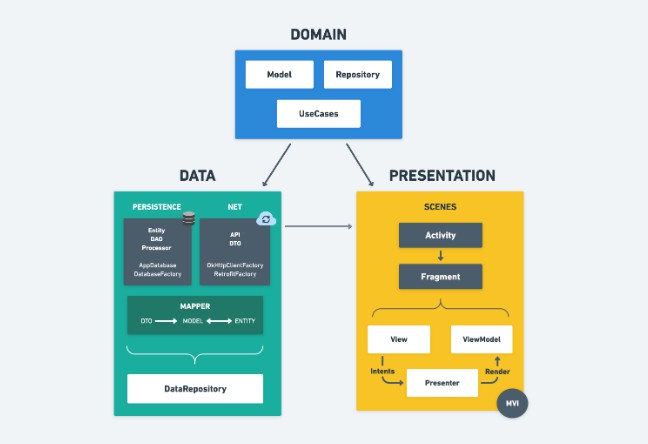LightKV
LightKV is a Lightweight key-value storage component based on Android platform.
SharedPreferences is a convenient way to save key-value, but it's no very efficient.
So we make this LightKV, to make saving data faster.
LightKV has two modes: SyncKV & AsyncKV,
Both of thier API similar to SharePreferences(AsyncKV is unnecessary to commit).
SyncKV submits data atomic (need to commit after updating data, whick like SharePreferences-commit mode);
AsyncKV is faster, it will auto flush data to disk by system.
Benchmark
We make a simple test case (you can see the code in project) to test their loading speed and writing speed.
| mode | loading time(ms) |
|---|---|
| AsyncKV | 10.46 |
| SyncKV | 1.56 |
| SharePreferences | 4.99 |
| mode | writing time(ms) |
|---|---|
| AsyncKV | 2.25 |
| SyncKV | 75.34 |
| SharePreferences-apply | 6.90 |
| SharePreferences-commit | 279.14 |
AsyncKV use mmap open mode, so it's slower when loading, but is much faster when writing.
SyncKV and SharePreferences-commit need to flush data to disk every commit, so they use more time in whole test case.
SyncKV is faster comparing with SharePreferences-commit.





